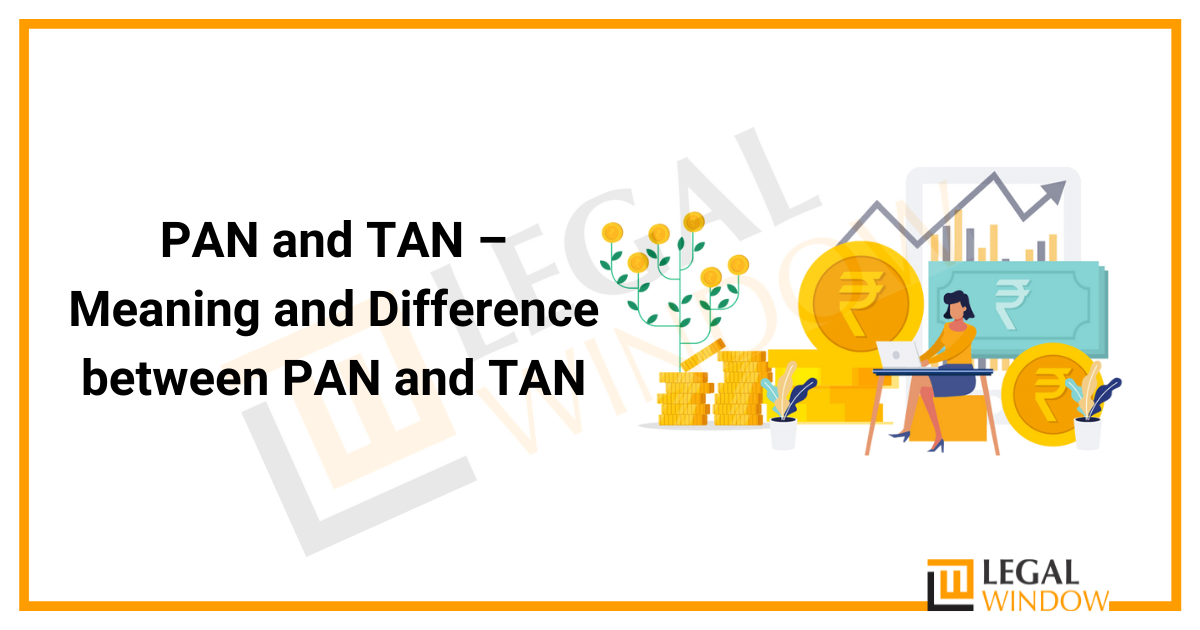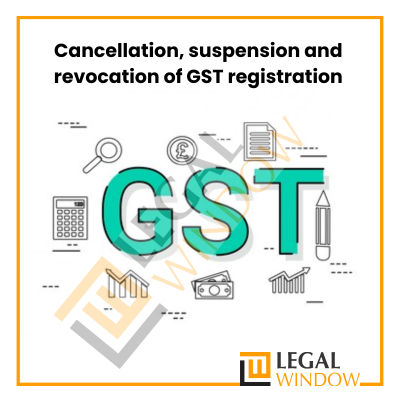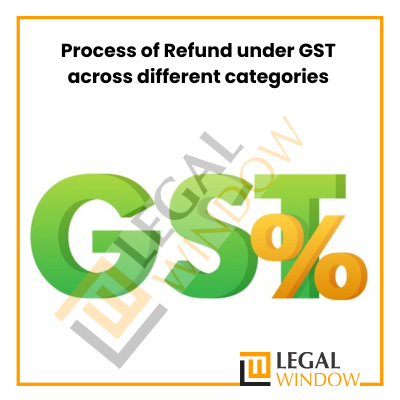
When filing your ITR return or contacting the Income Tax Department, you may come across the phrases PAN and TAN. Understanding these words ahead of time makes the ITR filing process much easier. The question “What are PAN and TAN?” will be discussed in this article. We’ll also figure out the difference between the two and procedure for obtaining the documents and differences between them.
What are PAN and TAN? – Key Abstract
A PAN is a Permanent Account Number, whereas a TAN is a Tax Deduction Number. PAN and TAN are important documents that must be presented for a variety of reasons, including submitting tax returns, deducting or collecting taxes, and trading among others and if a person fails to apply for a PAN or TAN for above mentioned reasons or if he/she fails to comply with the regulations, he or she will get punishment in form of a fine. Furthermore, whenever they are necessary these similar-looking documents – PAN, TAN – should be properly mentioned. Furthermore, it is critical to recognize that they cannot have substitutions for one another.
Permanent Account Number (PAN)
The Income Tax Department issues a 10-digit alphanumeric identity number under section 139A of the Income-Tax Act, 1961. It allows the department to track all of a tax assessor’s transactions, such as tax payments, tax returns, and other transactions that require the use of a PAN.
A PAN is also required for everyone who is eligible to receive any income after deduction of tax at source or who is obligated to pay excise duty, among other things. Apart from that, Form No. 60 must be provided for various cash transactions if PAN is not accessible. The Central Board of Direct Taxes (CBDT) has made it essential for all bank and post office account holders to produce their PAN or Form No. 60.
PANs are valid for the lifetime of the assessee and are valid across India. Even if the assessee’s or assessing officers addresses changes, the PAN identification remains the same. Any changes to the information supplied while applying for the PAN, such as an address change, should be reported to the department using the ‘Request for New PAN Card or/ and Changes or Corrections in PAN Data’ form.
Eligibility for getting a PAN Card
All existing assessees, taxpayers, or individuals who are required to submit an income tax return, is required to have PAN. The following are the bodies are eligible for the getting a PAN:
- Individual
- Hindu Undivided Families
- Minors
- Partnership Firm
- Limited Liability Partnerships
- Trusts
- Companies
Procedure for getting a PAN Card
A PAN card may be obtained by going to either the NSDL or UTIITSL official websites. Two PAN application forms are available on both websites. For Indian citizens, Form 49A is used, whereas, for foreign nationals, Form 49AA is used. A person can also apply for a PAN card in person. He or she must fill out the form by going to the NSDL’s official website and following the instructions there.
Requirement of Documents for application of PAN
The following are the documents that are required by the respective bodies for the application of PAN:
- Individual Applicant: Aadhaar, Passport, Voter ID, and Driver’s License (POI/ POA).
- Hindu Undivided Family: A HUF affidavit signed by the HUF’s head, together with POI/POA information.
- Company: Certificate of Registration of Company
- Firms/ Limited Liability Partnerships (LLP): Registrar of Firms/ Limited Liability Partnerships Certificate of Registration and Partnership Deed
- Trust: A copy of the Trust Deed or Charity Commissioner’s Certificate of Registration Number copy.
- Registrar of Co-operative Societies or Charity Commissioner: Certificate of Registration Number.
- Passport and other Documents: Passports Person of Indian Origin (PIO) / Overseas Citizenship of India (OCI) card issued by the Indian government Bank statement from the country of residence In India, a copy of an NRE bank statement.
What is TAN? – Tax Deduction Account Number
Since we are discussing about what are PAN and TAN? Let’s now discuss about TAN in more detail.
TAN is a 10-digit alphanumeric identification, similar to PAN. Only individuals who are in charge of deducting or collecting taxes, however, require a TAN.
A TAN is required, for example, by an employer who is required to deduct tax at source from employees’ wages under section 192 of the Act. All TDS returns must include a TAN number, as required by section 203A of the Act. TDS or tax collected at source (TCS) returns will not be accepted by Tax Information Network-Facilitation Centres if it is not stated, and challans for TDS or TCS payments will not be recognized by banks if it is not cited. A penalty of Rs10, 000 is imposed if you do not apply for a TAN or do not quote it in the required paperwork.
A property buyer must also deduct TDS at the rate of 1% of the property value if the property value exceeds Rs 50 lakh, according to income tax guidelines. In such circumstances, the property buyer is not required to obtain a TAN. Instead, while deducting and completing the TDS return, she can indicate her PAN.
Who Needs a Taxpayer Identification Number (TAN)?
TAN number is needed by the following:
- Governments at the federal, state, and local levels.
- A company’s branch or division.
- Branches of individual businesses.
- Trusts/Firms/Associations of Persons.
- Individual/HUFs.
Procedure for obtaining a TAN
An individual can apply TAN in both online and offline mode. When applying online, applicants must first log in to the official NSDL website and complete the application form. Following the submission of the application, the applicant will get a 14-digit acknowledgment number. The NSDL office must receive the acknowledgment number, as well as the accompanying papers and a fee. An applicant must visit an NSDL center and submit the TAN application form, all relevant papers, and a fee when applying for a TAN offline.
It is unlawful to have two TAN cards; hence an applicant cannot apply for another.
Requirement of Documents for registration of TAN
Applicants do not have to provide any documentation while applying for a new TAN. Moreover, if they apply for a new TAN online, the only thing they need to send is a signed acknowledgment slip.
A Comprehensive Comparison of PAN and TAN
A Comprehensive Difference between PAN and TAN is as follows:
| Parameters | PAN | TAN |
| Issuing Organization | Income Tax Department | Income Tax Department |
| Code | 10-digit Alphanumeric number | 10-digit Alphanumeric number |
| Objective | It is used for financial transactions and serves as evidence of identification when purchasing/selling property, a car, and so on. | Used for tax deduction and collection. |
| Who should get it? | Taxpayers/Non-Taxpayers, Foreign Nationals/Entities | Individuals who deduct or collect taxes under Section 203 A of the Income Tax Act, 1961 |
| Provision | Section 139A of the Income Tax Act, 1961 | Section 203A of the Income Tax Act, 1961 |
| Punishments | Fine of Rs. 10,000 | Fine of Rs. 10,000 |
| Forms | Form 49A for Indian Citizens and Form 49AA for Foreign Nationals | Form 49 B |
| Number of Cards | 1 | 1 |
Endnote
PAN and TAN are the most crucial documents which the Income Tax Department of India issues to keep an eye on taxpayers.
Considering the importance and use of PAN and TAN, we can come to the conclusion that they act as important document as they act as a tool for the government to keep a note on exchange of money and invasion of taxes.
If you are looking to get a PAN or TAN then please contact our experts.
Neelansh Gupta is a dedicated Lawyer and professional having flair for reading & writing to keep himself updated with the latest economical developments. In a short span of 2 years as a professional he has worked on projects related to Drafting, IPR & Corporate laws which have given him diversity in work and a chance to blend his subject knowledge with its real time implementation, thus enhancing his skills.
Categories
- Agreement Drafting (23)
- Annual Compliance (11)
- Change in Business (36)
- Company Law (147)
- Compliance (88)
- Digital Banking (3)
- Drug License (3)
- FEMA (17)
- Finance Company (42)
- Foreign Taxation (6)
- FSSAI License/Registration (14)
- GST (116)
- Hallmark Registration (1)
- Income Tax (199)
- Latest News (34)
- Miscellaneous (164)
- NBFC Registration (8)
- NGO (14)
- SEBI Registration (6)
- Section 8 Company (7)
- Start and manage a business (20)
- Startup/ Registration (126)
- Trademark Registration/IPR (40)
Recent Posts
About us
LegalWindow.in is a professional technology driven platform of multidisciplined experts like CA/CS/Lawyers spanning with an aim to provide concrete solution to individuals, start-ups and other business organisation by maximising their growth at an affordable cost.








